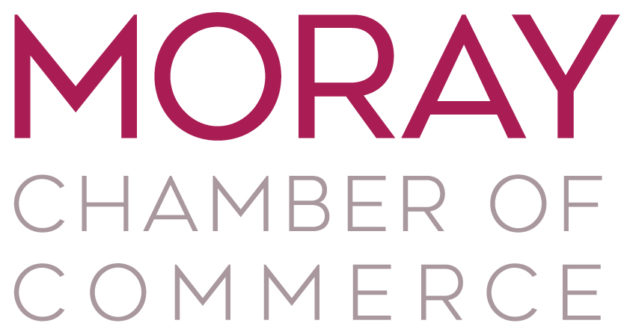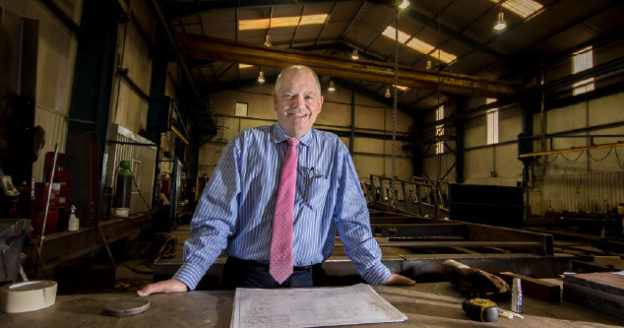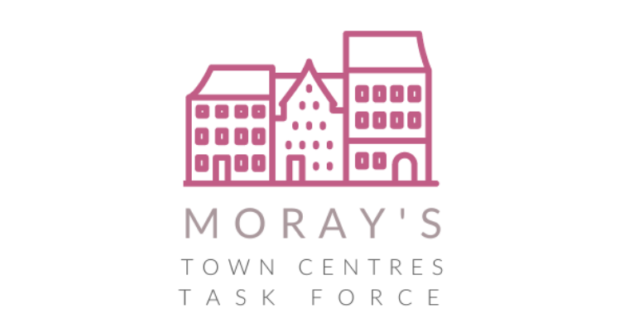Chamber News
THE REAL LIVING WAGE INCREASES TO £10.90 IN SCOTLAND AS THE COST OF LIVING RISES
22 September 2022 • Sarah Medcraf
The real Living Wage has increased today to £10.90 across the UK and £11.95 in London.
- A 10.1% increase in real Living Wage, the largest year-on-year rise.
- Over 57,000 Living Wage workers at more than 2,800 Living Wage employers in Scotland are set for a pay boost.
- New rate means full-time Living Wage employees will earn almost £3,000 more annually than if they were on the UK Government minimum wage.
Over 57,000 people working for over 2,800 real Living Wage Employers throughout Scotland are set for a vital cost of living pay boost, as the new UK-wide Living Wage rate rises from £9.90 to £10.90. This year the announcement of the new Living Wage rate has been brought forward from November, in recognition of the sharp increase in living costs.
The real Living Wage remains the only rate independently calculated based on what people need to live on. Businesses in Scotland recognise the importance of a fair day’s pay for a hard day’s work: Scotland’s 2,800 Living Wage employers account for a quarter of the total 11,000 accredited employers around the UK. Since 2011, the Living Wage campaign had delivered £365m into the pockets of workers in Scotland.
The new Living Wage rates and the ‘National Living Wage’ – know the difference
Unlike the UK Government minimum wage (‘National Living Wage’ for over 23s – £9.50) the real Living Wage is the only wage rate independently calculated based on living costs. A full-time worker earning the new, real Living Wage would earn almost £3,000 (£2,730) a year more than a worker earning the current government minimum (NLW), and almost £2,000 (£1,950) more than their current pay. A full-time worker aged 21 or 22 would earn £3,354 more a year on the real Living Wage than if they were on the UK Government minimum for this age. The real Living Wage applies to all workers over 18 – in recognition that young people face the same living costs as everyone else.
The Living Wage movement continues to grow
Over the past two years the Living Wage movement has continued to grow, with the number of Living Wage employers in Scotland increasing by 70%.
Low pay
Scotland has the lowest rate of jobs paid below the Living Wage of the nations – 14.4% of jobs are paid below the Living Wage compared to 17.9% in Wales and 17.1% in England. Despite this, approximately 333,000 workers in Scotland are still paid less than the real Living Wage. Research published last week by the Living Wage Foundation found that 78% of low paid workers – 3.7 million workers across the whole of the UK – say this is the worst financial period they have ever faced. Over half (56%, equating to 2.7 million UK workers) say they have turned to food banks over the last twelve months, while over a quarter report having no money left over at the end of the working week after paying for essentials.
Gail Irvine, Living Wage Scotland Manager, said:
“‘Ensuring that staff are paid at least the real Living Wage is the single most important thing employers can do to support their people with rising living costs. Despite the economic challenges, more and more employers are joining our movement because they recognise that paying a wage that covers everyday needs is a necessary and vital investment in their workforce. Not only is it the right thing to do, businesses who pay the real Living Wage reap the benefits in terms of better recruitment and retention, less sickness absence and a more motivated workforce.”
Scottish Government Minister for Just Transition, Employment and Fair Work Richard Lochhead said:
“The rise in the hourly real Living Wage rate to £10.90 announced today by the Living Wage Foundation will be welcomed by those on the lowest incomes, and it will help them meet rising living costs.
I am proud that Scotland leads the way in payment of the real Living Wage and that numbers of accredited employers continues to grow.
These are difficult times for businesses as well as workers and I understand the new rate will be challenging for some businesses already dealing with the effects of Brexit, Covid and now rising energy prices. The Scottish Government is committed to working with the business community to identify further measures to help deal with increased costs and the economic disruption.
I urge more employers to join in the real Living Wage movement to help us build a Fair Work Nation.”
Reference: The Real Living Wage

















